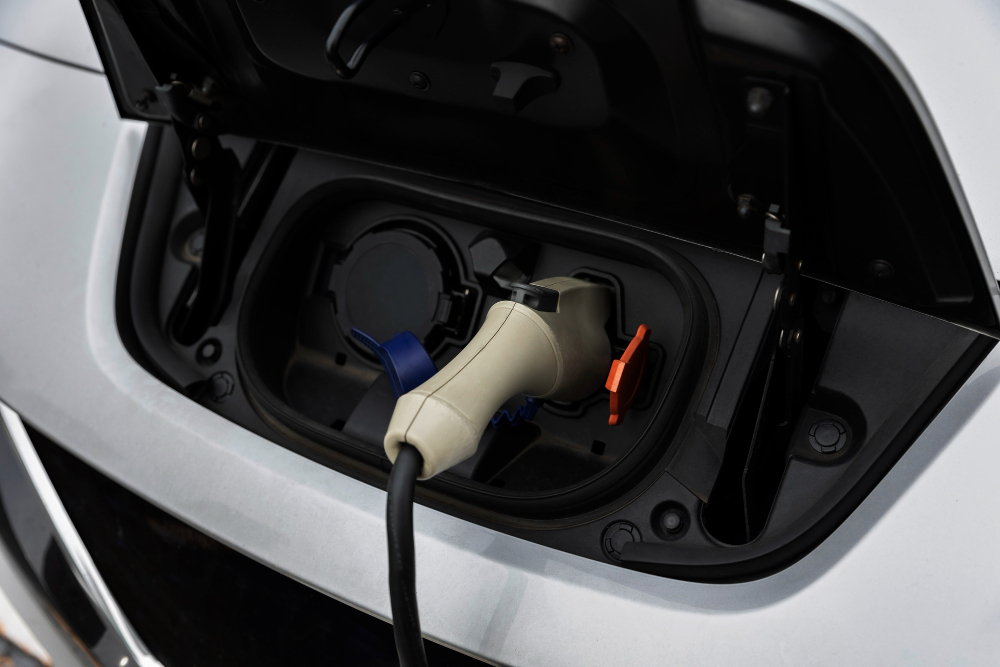The demand for environmentally friendly transportation options has skyrocketed. This happened because Electric vehicles (EVs) have emerged as a promising solution to reduce carbon emissions and combat climate change.
At the heart of every electric car lies its battery, which serves as the powerhouse for its electric motor. Understanding the basics of an electric car battery is crucial to comprehend the advancements and potential of this rapidly evolving technology.
Let’s find out more about the battery management system and how the electric car battery can be the heart of efficient and reliable electric vehicles.
EV Battery Construction
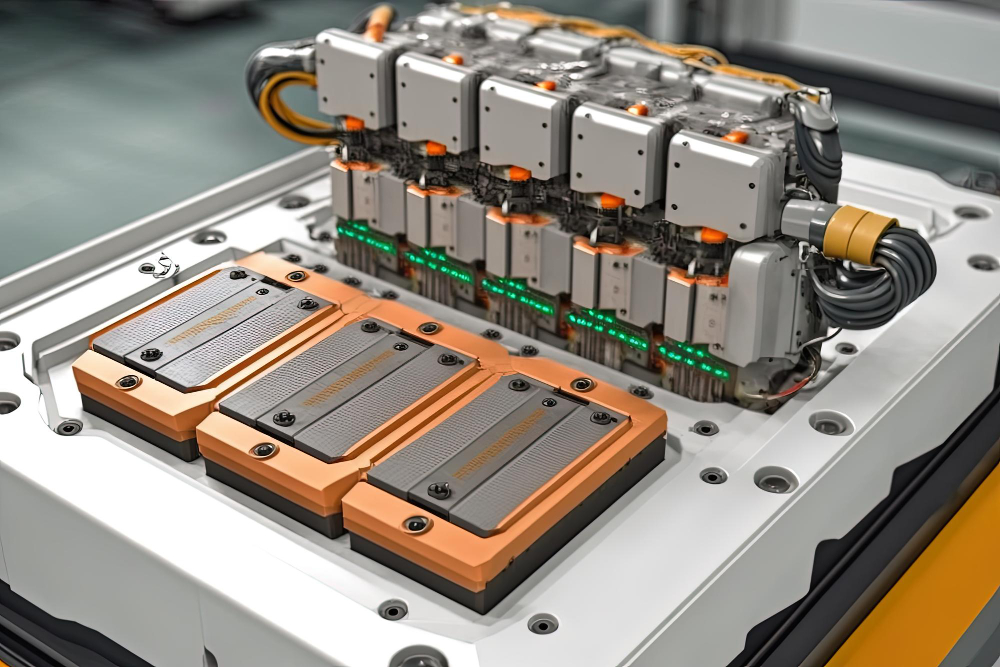
An electric vehicle battery is an advanced device that stores electrical energy and uses it to make the car move. It transforms the electrical energy into mechanical energy, which helps propel the vehicle forward.
These batteries are typically composed of several key components, including:
- Cathode: The cathode is the positive electrode in the battery and plays a vital role in the energy storage process. Common cathode materials include lithium cobalt oxide (LCO), lithium iron phosphate (LFP), and nickel manganese cobalt oxide (NMC).
- Anode: The anode is the negative electrode and facilitates the movement of ions during charging and discharging cycles. Graphite is the most commonly used anode material due to its ability to intercalate lithium ions.
- Electrolyte: The electrolyte acts as a medium for ion transport between the cathode and anode. It is usually a liquid or gel-based substance containing lithium salts.
- Separator: The separator is a porous membrane that physically separates the cathode and anode while allowing the flow of lithium ions. It prevents short circuits and ensures the safety of the battery.
- Current Collectors: Current collectors, usually made of aluminum for the cathode and copper for the anode, provide pathways for the flow of electrons within the battery.
Most car manufacturers utilize the combination of these components and their intricate design as the fundamental building blocks of an electric car battery.
Types of EV Batteries
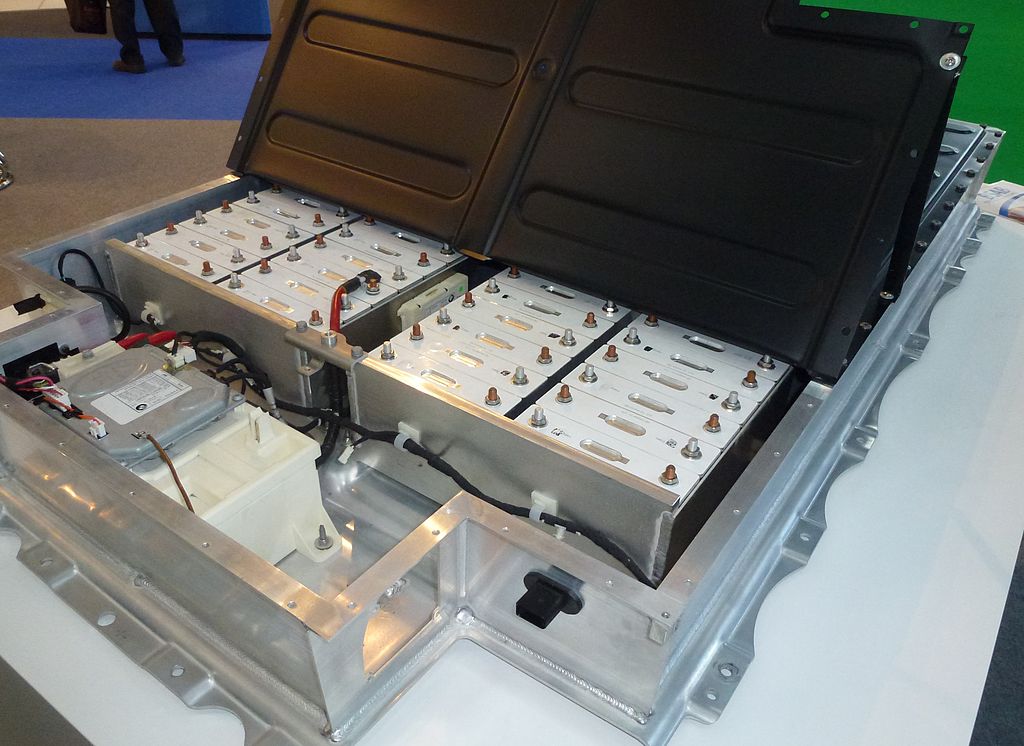
Electric vehicle batteries come in various types, each with its characteristics. Let’s explore some of the most common types of electric car batteries:
Lithium-Ion Batteries
The lithium-ion battery has emerged as the preferred option for electric vehicles because of its superior characteristics.
With its high energy density, extended lifespan, and lightweight nature, the lithium-ion battery outperforms other battery technologies.
It provides enhanced efficiency, quicker charging speeds, and an extended driving range, making it an excellent choice for electric cars.
Lead-Acid Batteries
Lead-acid batteries have existed for a long time and are still used in some electric vehicles, especially in smaller applications like golf carts.
They are affordable and have good reliability, but they are bulkier and have lower energy density compared to lithium-ion batteries.
Nickel-Metal Hydride Batteries
While nickel-metal hydride (NiMH) batteries were previously popular in electric vehicles, they have mostly been substituted with lithium-ion batteries. NiMH batteries have higher energy density than lead-acid batteries, but they do not match lithium-ion batteries’ overall performance and longevity.
Ultracapacitors
Ultracapacitors, also known as supercapacitors, are energy storage devices that have high power density but lower energy density compared to batteries.
They are often used in hybrid electric vehicles (HEVs) to capture and release energy during regenerative braking.
New Battery Technology for Electric Cars
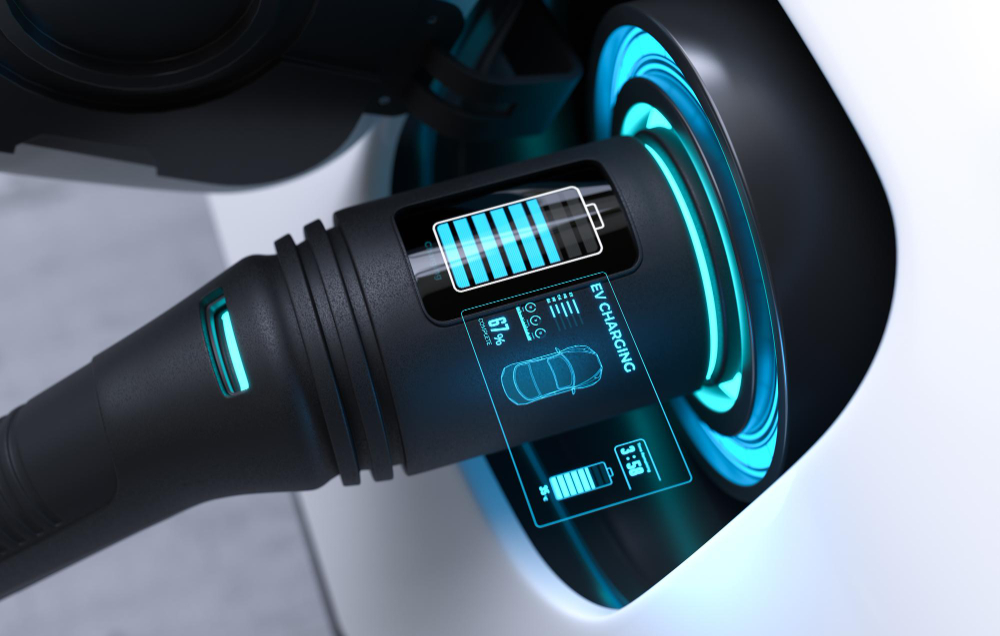
The electric car battery industry is continuously evolving, and researchers are constantly exploring new technologies to enhance performance, reduce costs, and improve the sustainability of electric cars.
Their relentless efforts are focused on developing more efficient battery chemistries, optimizing charging infrastructure, and exploring novel materials and manufacturing techniques.
With each discovery, electric car batteries become more powerful and affordable, which is a good sign for the global transition toward clean and sustainable transportation solutions.
Electric Car Battery Life
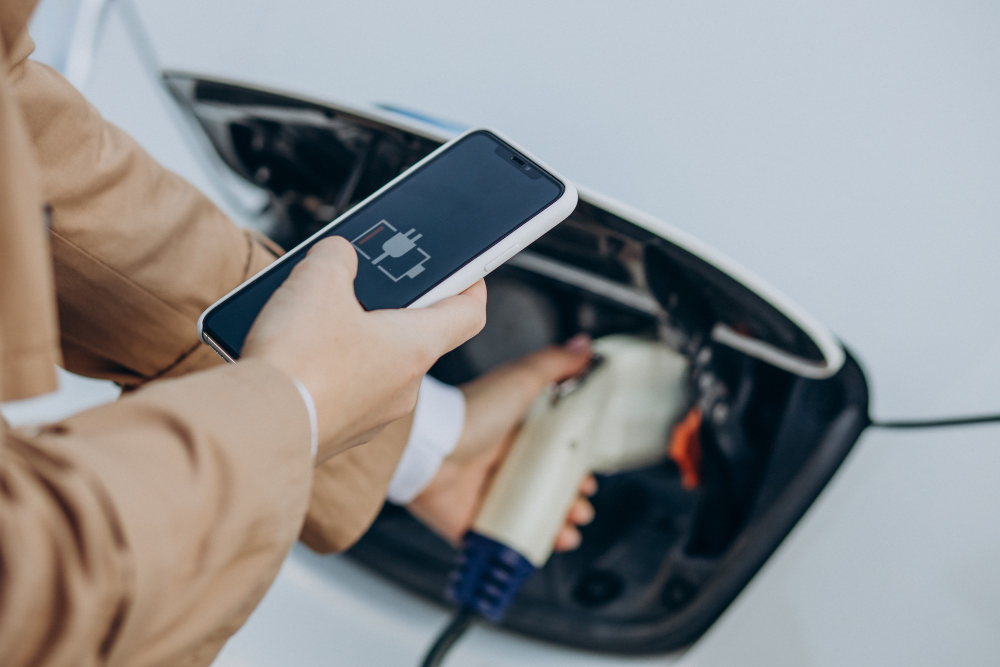
Enhancing the lifespan of the EV battery pack is a key consideration for electric car users. To tackle this concern, manufacturers are diligently focusing on improving the durability and longevity of the battery.
By implementing appropriate care and maintenance practices, modern EV battery packs can endure for approximately 8 to 15 years, contingent upon individual usage patterns.
Moreover, the development of efficient home charging solutions further contributes to the preservation and extended lifespan of electric car batteries.
Electric Car Battery Replacement Cost

The expense of replacing an electric car battery has had a notable impact on the total ownership costs of electric vehicles. Nevertheless, with advancing technology and economies of scale, the cost of electric car batteries is progressively decreasing.
This positive trend, along with the increased accessibility of refurbished and remanufactured batteries, is making the replacement of batteries more economical.
Electric Car Battery Recycling

Recycling electric car batteries plays a vital role in promoting sustainable transportation.
With the increasing number of electric vehicles on the road, it becomes essential to adopt proper recycling and disposal methods to limit environmental harm.
Several recycling programs and initiatives aim to retrieve materials from used batteries and minimize waste.
Frequently Asked Questions
Does Tesla use lithium batteries?
Yes, Tesla predominantly uses lithium-ion batteries in its electric vehicles. The company has made significant advancements in battery technology, including developing its own battery cells and energy management systems.
Why are EV batteries so expensive?
The price of electric vehicle batteries mainly depends on the materials used, how they are made, and how many are produced. But as technology improves and more people want electric cars, the cost is predicted to decrease.
This means that electric cars will become more affordable for more people. You can even find second-hand electric cars for sale in Beechworth at lower prices.
How long do batteries last in electric cars?
The lifespan of electric car batteries varies depending on several factors, such as battery chemistry, usage patterns, temperature conditions, and maintenance. On average, modern electric car batteries can last between 100,000 and 200,000 miles before reaching 70-80% of their original capacity.
Conclusion
Electric car batteries are crucial for shaping the future of sustainable transportation. With ongoing technological progress, we can anticipate better battery performance, durability, and affordability.
Individuals and businesses need to grasp the fundamentals of electric car batteries and stay informed about the latest advancements.
By embracing this transformative technology and considering options like second-hand electric vehicles for sale in Indigo Valley or Beechworth, we can significantly decrease carbon emissions and contribute to a cleaner, greener future.

